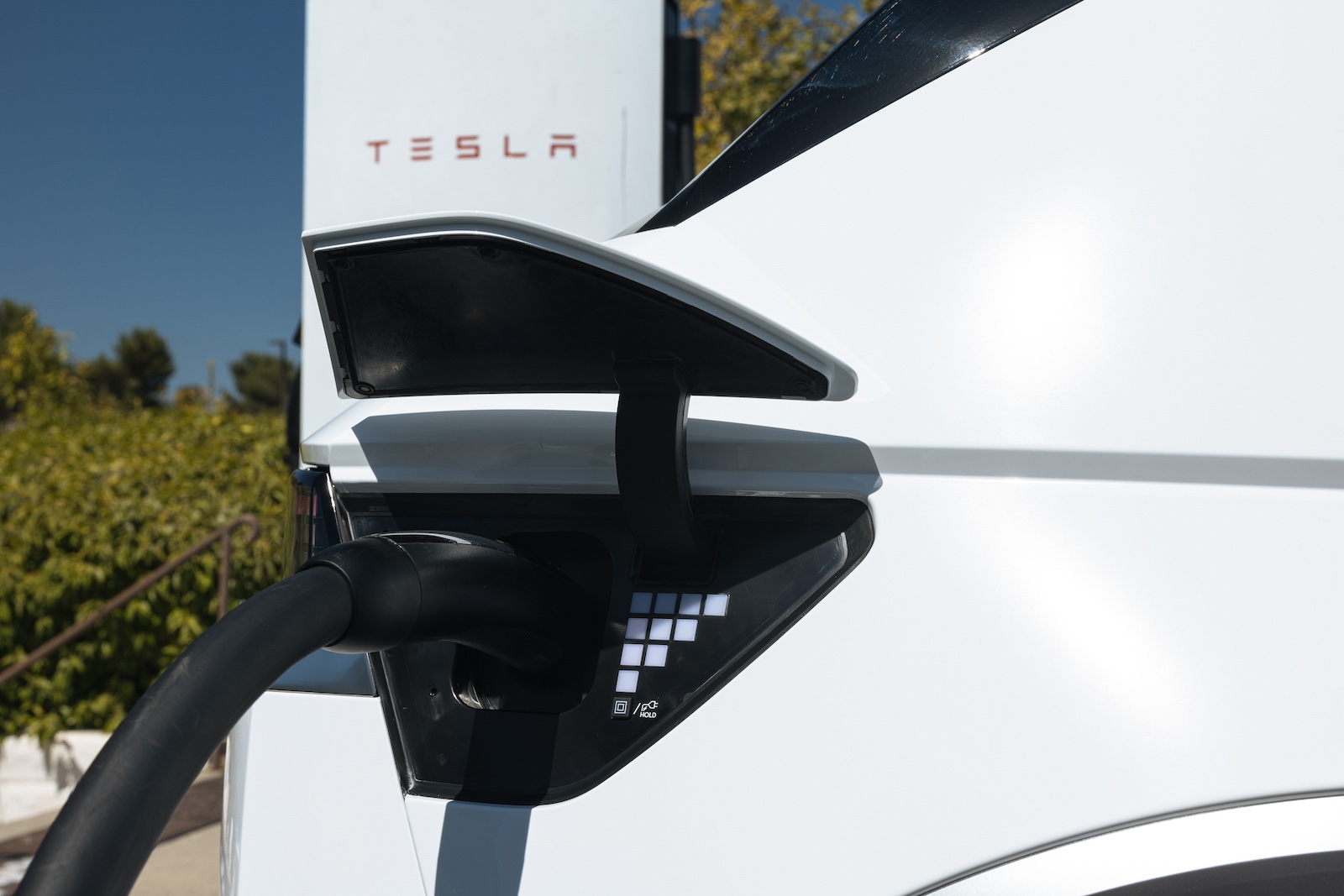Support CleanTechnica’s work through a Substack subscription or on Stripe.
The state of Colorado has received approval for the final $12 million of its total $56.5 million in federal funding for new EV charging infrastructure. About 100 new fast public EV charging ports are expected to be installed in priority locations. The funding came from the National Electric Vehicle Infrastructure grant program and will be combined with funding from Colorado’s Community Access Enterprise.
“When I said we were going to be one of the leading states for electric vehicles, I meant it. We were already working overtime to make it even more convenient for people to charge up by helping businesses build out a network of charging stations across the state, and this will continue to help us do even more of that. It’s no coincidence that more than 80% of Colorado’s highway system is now within 30 miles of a fast-charging station, complementing the high number of EV sales in our state. EVs are fun, save people money and improve our air quality,” Colorado Governor Polis said.
The state of Colorado already has over 5,000 Level 2 charging ports and over 1,400 fast-charging ports.
Going back to one stat the governor pointed out, “80% of Colorado’s highway system is now within 30 miles of a fast-charging station.” This reasonably short distance is a great achievement and more EV charging ports will be installed.
Many tourists visit Colorado every year, and EV charging infrastructure has been developed to support tourism — “EV charging at 19 of Colorado’s 26 scenic byways, as well as near a number of outdoor recreation areas such as ski resorts and state and national parks.”
There are over 200,000 registered EVs in Colorado.
Former President Biden deserves recognition for envisioning a time when there would be 500,000 public EV chargers. That time will not be 2030 obviously, for a variety of reasons, but he at least tried to establish the framing and goals.
It’s also worth mentioning that US states have the ability to govern themselves to a degree and they can go ahead with developing their own transportation infrastructure. Not all the states will kowtow to tyrannical national leaders. The state of California is another example of advancing sustainable transportation in an autonomous way.
Electric vehicles don’t need to have 760 miles of range; what is needed is greater public EV charging infrastructure. The good news is that more and more EV chargers are being added steadily, so the distance between chargers is shrinking in some areas.
Electric vehicles have many benefits that gas and diesel vehicles do not have. Eventually, gas stations will start closing when there is less demand for gasoline and diesel.
Electric vehicles and EV charging infrastructure have grown despite the economic volatility during the pandemic, all sorts of misinformation and disinformation on social media, overly critical news articles, and anti-EV policies coming from conservative politicians who are sometimes puppets funded by the fossil fuel industry.
Sign up for CleanTechnica’s Weekly Substack for Zach and Scott’s in-depth analyses and high level summaries, sign up for our daily newsletter, and follow us on Google News!
Have a tip for CleanTechnica? Want to advertise? Want to suggest a guest for our CleanTech Talk podcast? Contact us here.
Sign up for our daily newsletter for 15 new cleantech stories a day. Or sign up for our weekly one on top stories of the week if daily is too frequent.
CleanTechnica uses affiliate links. See our policy here.
CleanTechnica’s Comment Policy




